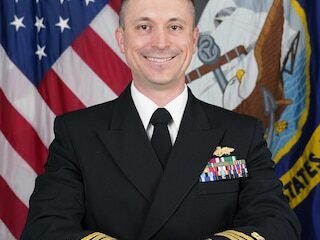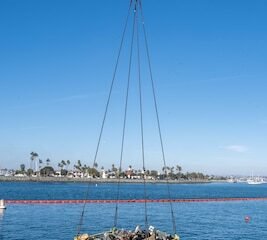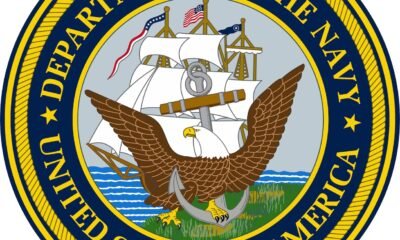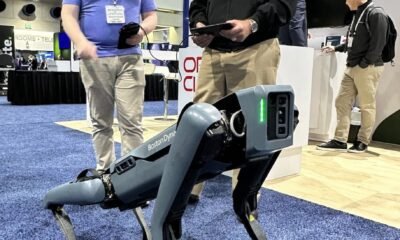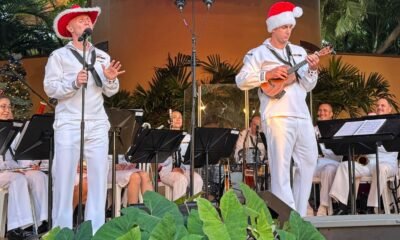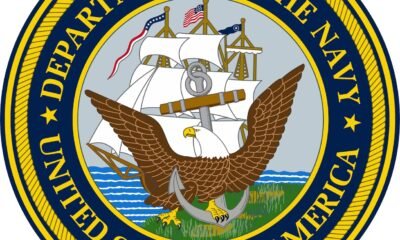All Navy Categories
NAVIFOR Officer Delivers Vital Aid to Asheville After Hurricane Helene Strikes
In the wake of Hurricane Helene’s devastation, Lt. Cmdr. McQueen’s military background was pivotal in Asheville’s recovery efforts. Having been shaped by numerous deployments in harsh environments, McQueen expertly navigated the challenges presented by the disaster. He promptly organized essential supplies in Norfolk before making his way to North Carolina, methodically picking up further resources along his route.
McQueen felt a surge of urgency upon hearing from his family about the destruction in their hometown. Upon reaching Asheville, he immediately recognized the storm’s severe impact, not just on his loved ones but also on the broader community. His brother, already engaged in the relief efforts as a firefighter, signaled the magnitude of the task ahead. Viewing it as an opportunity to support both his family and the residents of the area, McQueen’s leadership qualities quickly emerged. “Helping my family was a priority, but this was about the whole community coming together,” he reflected.
Stationed with the Volunteer Fire Department in Fairview, McQueen’s expertise in logistics and coordination from his military experience proved invaluable. Over the course of six days, he played a critical role, organizing local response teams and conducting welfare checks. His collaboration with emergency services was instrumental in locating and rescuing people who were missing after the floods.
McQueen’s adept communication skills were crucial in countering misinformation, ensuring that aid reached those who desperately needed it. His meticulous approach, rooted in years of service, enabled him to spot incorrect data and rectify misinformation circulating in the storm’s aftermath. One of his remarkable innovations was the enhancement of a UAV project. By integrating UAV operators from various departments, he transformed it into a sophisticated tool for data collection and analysis.
“Seeing how quickly the UAV team became a critical tool for recovery was rewarding,” McQueen noted. The UAV deployment provided invaluable real-time mapping of afflicted areas, revealing previously unnoticed damage and locating missing individuals. A local fire chief attested to McQueen’s transformative impact: his involvement allowed others to concentrate on urgent tasks, his leadership offering much-needed support during those critical days.
Despite achievements, McQueen acknowledged the long road to full recovery. “The community came together after the storm, which was amazing to see,” he stated. “But I know that the hard work doesn’t end when the relief trucks leave. It’s going to take a long time to rebuild.” The resilience and tactical proficiency that McQueen honed through his military career were evident in his contributions to Fairview’s recovery efforts from Hurricane Helene.
As McQueen prepared to leave Asheville, a mix of emotions enveloped him. Driving away, he observed the storm’s remnants—the scattered debris, uprooted trees, and damaged homes. Though his time there was short, his impact was significant. “Disaster doesn’t discriminate,” McQueen remarked. “It hits everyone, and when it does, all we can do is come together to lift each other up. I’m just grateful I could play a part in that.”
Back on the road to Virginia, his thoughts returned to his own family, conscious of their needs amidst his impending relocation. Balancing his duties as both a naval officer and a family man, he took solace in the efforts he initiated, confident that the work would continue with the community he’d grown close to. “It was tough to leave,” he admitted. “But I felt like I’d done all I could for now. I just hope the efforts we started there will continue.”

